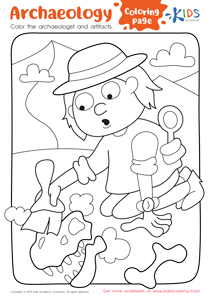Normal Alphabet worksheets activities for 4-Year-Olds
4 filtered results
-
From - To


Rhyming Words: Assessment Worksheet


Vowel and Consonant Sounds: Assessment Worksheet


Phonological Awareness: Assessment 1 Worksheet


Phonics and Word Recognition: Assessment 1 ELA Worksheet
Normal Alphabet worksheets activities offer a structured and effective approach to learning the alphabet, which is the cornerstone of literacy. These activities are designed to introduce young learners to the letters of the alphabet in an engaging and interactive way, laying a solid foundation for reading and writing skills. Here are several reasons why Normal Alphabet worksheets activities are so useful:
-
Reinforcement of Letter Recognition: Through repetitive practice, children become familiar with the shapes and names of letters. Normal Alphabet worksheets include activities like tracing, which reinforce the distinct features of each letter, helping children to distinguish between them easily.
-
Improves Fine Motor Skills: The act of holding a pencil and tracing or writing letters on worksheets helps in developing fine motor skills. These are crucial for performing everyday tasks, including writing. As children engage in Normal Alphabet worksheets activities, they refine their pencil grip and control, preparing them for more advanced writing tasks.
-
Phonemic Awareness: Many Alphabet worksheets incorporate activities that introduce children to the sounds associated with each letter. This early exposure to phonemic awareness is essential for developing decoding skills needed for reading.
-
Builds Confidence: As children successfully complete Normal Alphabet worksheets, they experience a sense of accomplishment. This boost in confidence is important for young learners, encouraging them to take on more challenging tasks with enthusiasm.
-
Versatility and Customization: Normal Alphabet worksheets activities come in various formats, catering to different learning styles. Whether it's coloring, matching, or identifying letters through pictures, there is something for every child. This versatility ensures that learning remains fun and engaging, preventing boredom and fostering a love for learning.
In conclusion, Normal Alphabet worksheets activities are a valuable tool in early childhood education. They offer a systematic approach to letter recognition, enhance fine motor skills, introduce phonemic awareness, boost confidence, and cater to diverse learning preferences. By incorporating these activities into the learning process, educators and parents can ensure a robust foundation for literacy development in young learners.
 Assign to the classroom
Assign to the classroom












